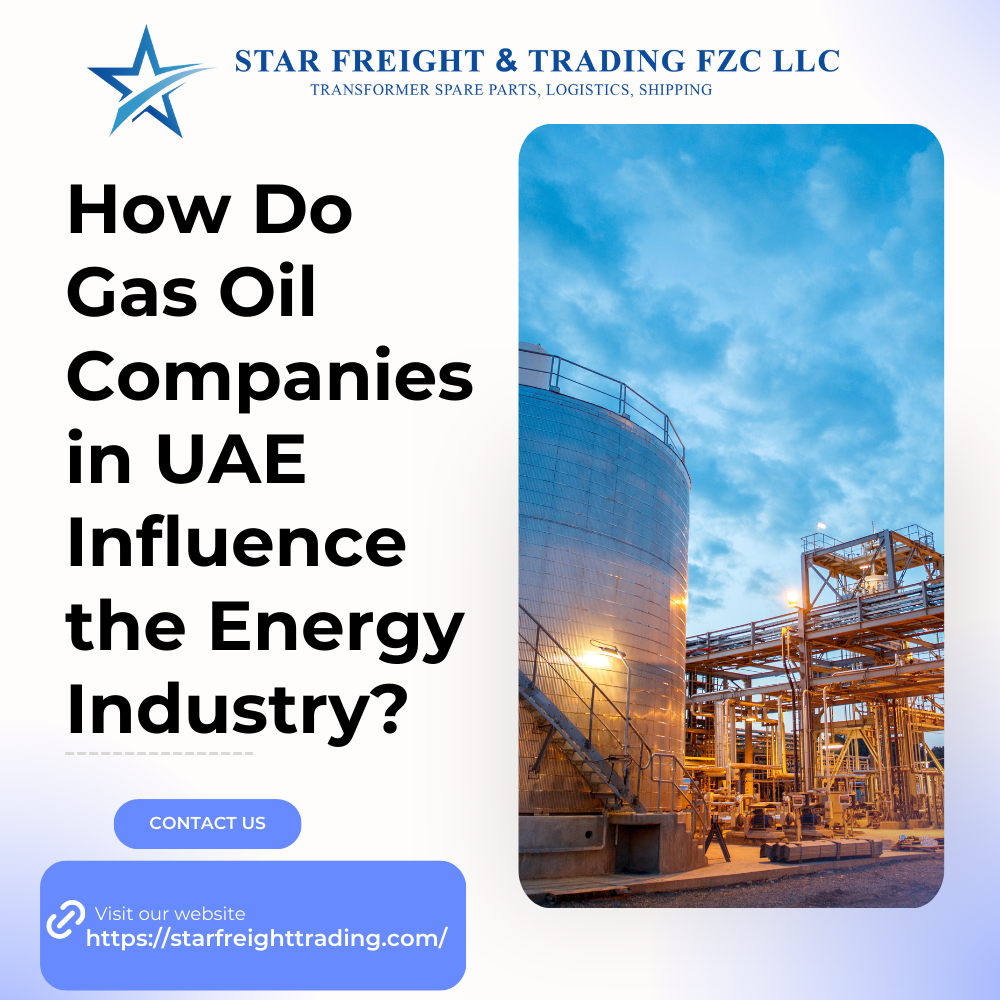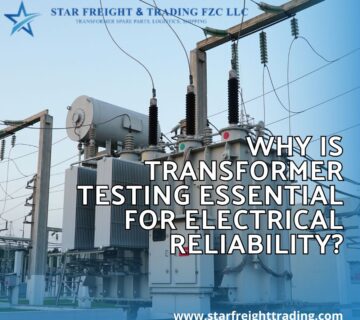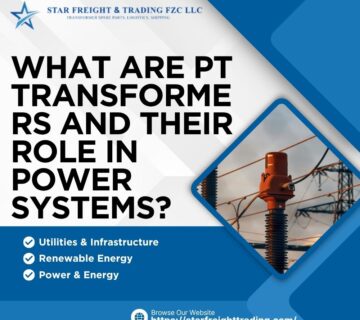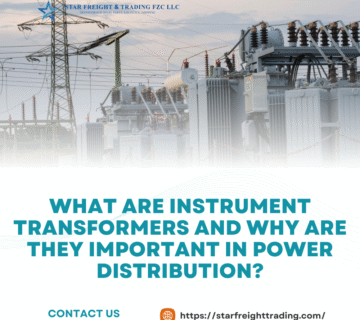If you spend any time around energy in the Gulf, you know the UAE sits at a crossroads. It has world-class oil reserves, growing gas production, modern ports, and a government that plays the long game. The result is an energy system where national companies, private players, and global partners pull in the same direction. Here is a clear, grounded look at how oil and gas companies in the UAE influence the wider energy industry, at home and abroad.
They set the pace on supply
Oil and gas companies in the UAE do more than lift hydrocarbons from the ground. They plan multi-decade capacity, schedule maintenance, add storage, and time market entries. Because the UAE is a reliable OPEC+ producer, decisions made in Abu Dhabi ripple through global balances. When capacity expands, spare capacity grows. When big fields undergo maintenance, regional grades tighten. The UAE’s reputation for predictable, high-quality barrels gives refiners and traders confidence to plan ahead.
Natural gas is just as important. Gas feeds power plants, industries, and desalination. Incremental domestic gas supply reduces the need for imports and frees up liquids for export. Over time, more gas in the system helps stabilize electricity prices and keeps heavy industry competitive.
They anchor pricing and benchmarks
Energy markets run on benchmarks. The UAE’s flagship crude helps set values for long-haul cargoes into Asia. This matters because refiners in Japan, Korea, India, and China use that price signal to plan runs and hedge risk. The UAE has also developed transparent pricing frameworks and futures contracts for its grades. More transparency brings in more financial players, improves liquidity, and narrows bid-ask spreads. That helps producers, refiners, and airlines manage risk more cleanly.
They move the center of gravity toward the Gulf
Look at a map. The UAE sits between the Indian Ocean and the Strait of Hormuz, with deepwater ports, storage caverns, and bunkering hubs facing east and west. Oil and gas companies have invested in pipelines that skirt chokepoints, in large tank farms, and in terminal capacity that can load very large crude carriers quickly. This reshapes trade routes. More product moves through Fujairah and Jebel Ali. More shipowners bunker here. As throughput grows, service ecosystems grow with it, from ship repair to cargo inspection to maritime insurance.
This is where trading and logistics firms step in. A company like Star Freight Trading can add real value by stitching together chartering, storage options, and product sourcing across UAE ports. When producers, refiners, and traders need a quick ship-to-ship transfer window or a last-minute blending solution, a nimble trading and logistics partner helps them capture margins that would otherwise slip away. That agility is part of what makes the UAE a preferred place to do business.
They pull technology into the field
Hydrocarbon producers in the UAE are known for combining scale with tech. Subsurface imaging, horizontal drilling, and sour gas processing allow them to reach tougher reservoirs and extend field life. On the surface, digital twins, predictive maintenance, and advanced metering cut downtime and shrink losses. This matters to the industry because costs and emissions often live in the same places. Better pumps, fewer leaks, smarter maintenance schedules, and real-time monitoring lower the cost per barrel and the footprint per barrel at the same time.
Downstream, you see the same pattern. Refineries and petrochemical complexes in the UAE are among the most sophisticated in the region. Higher complexity means more flexibility to swing between gasoline, diesel, jet, and petrochemical feedstocks as margins shift. That flexibility helps stabilize regional fuel supply during disruptions and gives traders more optionality.
They raise the bar on reliability and ESG
Global buyers look for stable partners who take emissions seriously. UAE companies publish sustainability roadmaps, invest in carbon capture, and track methane. They also expand power supply from low-carbon sources for industrial use. This is not only about brand image. Many buyers in Europe and Asia now ask for carbon intensity data, and lenders price climate risk. By making real investments in efficiency, flaring reduction, and leak detection, UAE producers secure access to the cheapest capital and the largest customer base.
Reliability has another side. The UAE’s midstream systems and terminals are designed to keep cargo moving even when the region gets tense. Redundant routes, robust cyber practices, and strong coordination with port authorities translate into fewer delays and tighter schedules. In shipping, time is money. In refining, timing is everything.
They cultivate a skilled workforce and local industry
Energy is a people business. UAE companies invest in training, scholarships, and technical institutes. They also push suppliers to grow local capabilities under in-country value programs. Over time, more engineering, fabrication, and services happen inside the UAE. That reduces project risk, shortens lead times, and builds a knowledge base that spills over into renewables, water, and manufacturing.
Service and trading firms benefit from this too. A team like Star Freight Trading can hire locally, build operations and risk desks in Dubai or Abu Dhabi, and plug into a deep bench of maritime and financial talent. That strengthens the whole ecosystem.
They blend hydrocarbons and clean energy
Some observers still treat oil and renewables as opposing forces. In the UAE, they coexist. Oil and gas cash flows fund low-carbon projects. Solar power and energy storage reduce the oil burn in power generation. Carbon capture pilots lay the groundwork for blue hydrogen and lower-carbon industrial clusters. As grids get cleaner, the carbon intensity of refining and petrochemicals falls. The country’s energy strategy works across time horizons rather than picking a single technology winner.
This blend shows up in shipping as well. More vessels calling at UAE ports are testing alternative fuels. Bunkering hubs add the infrastructure needed for compliant fuel blends today and lower-carbon options tomorrow. Trading companies coordinate supply, quality control, and certification so shipowners can meet fuel standards without risking engines or schedules.
They build optionality into global trade
Optionality is the quiet force behind trading profits. UAE producers, refiners, and traders create it by offering multiple grades, flexible loading windows, and a variety of parcel sizes. Blending facilities and storage allow cargoes to be re-spec’d when market signals change. Pipelines and terminals are designed for swift turns, which lets players wait longer before committing to a destination. This optionality makes the whole regional market more efficient.
Partners like Star Freight Trading live in this space. They combine freight intelligence with product flows to structure deals that move barrels to their best home. In practice, that might be a time charter on a medium-range tanker, a short lease on Fujairah storage, and an off-take agreement with a refinery in South Asia. The UAE’s infrastructure makes that kind of orchestration possible.
They shape regional fuel security
The Gulf powers a large share of global aviation and shipping. The UAE’s jet fuel and marine fuels production and storage are strategic assets. Airlines plan routes and hedges around supply reliability. Shipowners plan bunkering stops around speed and service quality. When UAE refineries add a unit or boost output, regional inventories look healthier. When storage capacity expands, the market can absorb shocks without panic.
This stabilizing role is not just for exports. Domestic power and water need gas every hour of every day. By increasing gas supply and improving efficiency across the grid, the UAE reduces exposure to volatile import prices and keeps the lights on during heatwaves when demand is highest.
They push standards and compliance
From cargo documentation to emissions measurement, the UAE’s energy companies often implement high standards early. That includes safety management, product quality specs, ship vetting, anti-corruption controls, and digital documentation. Once large buyers and terminal operators expect a certain standard, the rest of the market follows. This lifts quality across the region and lowers friction for cross-border trade.
Trading firms that operate here learn quickly. If you want to lift product from a top-tier terminal or place cargo with a blue-chip buyer, your paperwork, vessel, and operations have to be tight. Companies like Star Freight Trading invest in compliance systems and operations training so they can move fast without cutting corners.
They attract capital and partnerships
Capital flows to competence. Sovereign funds, national champions, and private investors see the UAE as a place where complex projects actually get built. That draws global service providers, technology companies, shipowners, and financiers. Every time a new pipeline, LNG unit, or chemical plant reaches final investment decision, the supplier network deepens. This density of capability becomes a competitive advantage in its own right.
Partnerships with international oil companies and global chemicals players bring fresh technology and market access. In return, partners get scale, speed, and proximity to growth markets. The flywheel turns. More projects, more skills, more exports, more confidence.
They make the energy transition pragmatic
The world is decarbonizing, but it is not doing so all at once. The UAE’s oil and gas companies shape that transition by focusing on what is actionable now. That means cutting methane, electrifying operations where it makes sense, expanding solar, investing in grid flexibility, and piloting carbon capture where the geology and economics line up. It means producing lower-carbon barrels and molecules that will still be needed for decades, while building the foundations for cleaner alternatives.
For the broader industry, this approach offers a template. Big energy systems change through iteration and investment, not slogans. The UAE’s habit of setting clear targets, creating enabling policy, and then spending to hit those targets offers something other countries can copy.
What this means if you operate in the UAE
If you are a producer, refiner, shipowner, or industrial buyer, the UAE gives you choice and speed. You can source crude and products on transparent terms. You can hedge exposure on recognized futures venues. You can store, blend, and reload at scale. You can bunker quickly and get back on the water. You can hire talent that understands both physical barrels and paper markets.
You also have a deep bench of partners to keep things moving. A trading and logistics firm like Star Freight Trading can secure freight, align laycans, arrange inspections, manage documentation, and keep a live read on port congestion and weather. When margins are thin, flawless execution matters. When markets are volatile, better information and faster decisions matter even more.
A practical checklist for the months ahead
Here are a few concrete steps to make the most of what the UAE energy ecosystem offers.
-
Treat Fujairah and Jebel Ali as more than transit points. Explore storage and blending options that add flexibility to your supply chain.
-
Use benchmark-linked contracts for pricing transparency. Build hedging rules that tie physical exposure to listed futures where possible.
-
Track refinery turnarounds and new unit start-ups in the region. Product spreads can move quickly when yields change.
-
Tighten operations. Vet vessels, digitize documentation, and invest in quality control at loading. These basics protect value.
-
Partner where it counts. Work with local firms such as Star Freight Trading for chartering and last-mile execution. Local knowledge shortens cycles and reduces surprises.
-
Plan for carbon. Ask suppliers for emissions data, audit your own leaks and flaring if you operate assets, and line up credible offsets only after you have done the hard reduction work.
The bottom line
UAE oil and gas companies influence the energy industry by being disciplined producers, transparent price setters, technology adopters, and reliable partners. They do the unglamorous work of building pipes, tanks, and terminals, and they keep investing in people and data. They bring order to complex markets, then use that order to push standards higher and carbon lower. The country’s location and infrastructure turn that effort into leverage. Cargoes move more efficiently. Prices make more sense. Risk is easier to manage.
In that environment, the smartest move is to plug in. Build relationships with the producers. Get comfortable with the benchmarks. Use the ports and storage to create optionality. And do not overlook the on-the-ground partners who make the system sing. If you need a hand lining up freight, optimizing a supply chain, or seizing a tight market window, a local specialist like Star Freight Trading can help you turn a plan into a profit.
Frequently Ask Questions
1. How do UAE oil and gas companies impact the global energy market?
They influence supply stability, set regional price benchmarks, and provide reliable crude and gas exports that shape global trade flows.
2. Why is the UAE a strategic hub for oil and gas?
Its location, modern ports, storage facilities, and pipelines make it a key link between Asia, Europe, and Africa, reducing shipping risks and costs.
3. What role does natural gas play in the UAE’s energy strategy?
Natural gas fuels power plants, industries, and desalination, helping secure domestic energy needs while supporting export capacity.
4. How are UAE oil and gas companies supporting the energy transition?
They invest in carbon capture, renewables, hydrogen, and efficiency measures to lower emissions while maintaining reliable energy supply.
5. What is the importance of trading firms like Star Freight Trading in the UAE energy sector?
They provide logistics, freight solutions, and market expertise to optimize oil and gas flows, ensuring speed and flexibility in global trade.
6. How do UAE companies maintain their reputation for reliability?
By investing in infrastructure, adopting strict safety and compliance standards, and ensuring uninterrupted energy supply even during regional challenges.





No comment